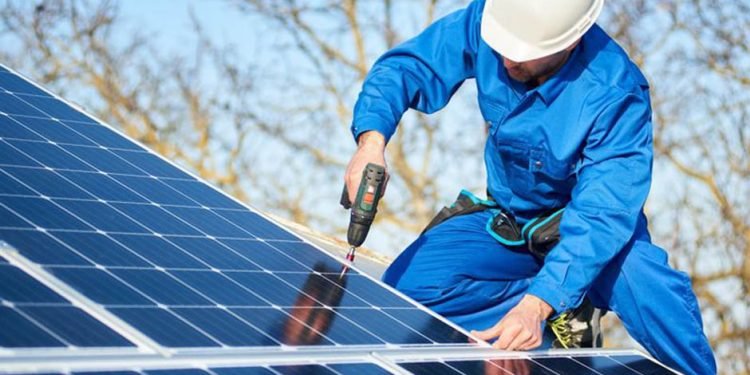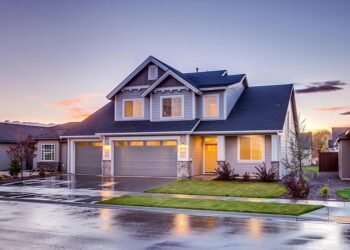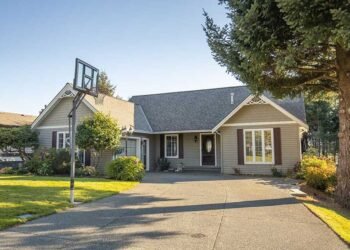The most common ways homeowners fund solar projects are cash purchases, a solar loan or a PPA (if available in your state). To find out what financing options are available for your home, use the EnergySage Solar Calculator. Solar panel costs vary by location, so talk to a local pro for an accurate price quote. Hard and soft costs are the primary factors that determine total cost.
Cost of Solar Panels
Solar panels only generate energy when exposed to sunlight, and their electricity production diminishes after the sun goes down. To determine how many solar panels your home will need, consider your household’s daily energy usage and multiply it by peak sunshine hours (which can vary by state) and panel wattage. A reputable solar business should be able to help you calculate this for your area.
Each solar system also requires a roof racking system and a balance of system pieces, including disconnects, combiner boxes, junction boxes, grounding hardware and more. These costs can also vary by region and by installation company.
The best way to reduce these upfront costs is to shop for solar installers like you would any other home improvement project. Getting quotes from multiple companies helps you ensure you’re getting a fair price and weed out scammers. You can also look into local solar incentives available through your city, county or state government.
Cost of Financing
Choosing your financing option can make or break the cost of solar panels. It impacts your installation total, solar incentives eligibility, and return on investment (ROI).
Cash purchases provide the best long-term value but require significant upfront capital. The upside is that you avoid interest rates, loan fees and credit score checks.
Many installation companies offer their in-house financing options with varying terms and rates. They may also partner with lenders to give you the flexibility of whole-project financing, potentially with an APR in the single digits and words of up to 25 years.
Other finance options include Power Purchase Agreements, which are similar to leases. These agreements enable homeowners to buy electricity from the solar company and sell back excess energy, lowering their monthly bills. Less than 30 states allow PPAs, and they usually disqualify homeowners from receiving solar tax credits and rebates.
Cost of Installation
When considering installing a solar system, your location is crucial in determining eligibility for various rebates and tax incentives. These can include cash rebates, Solar Renewable Energy Credits (SRECs), and property tax exemptions, significantly reducing the overall cost.
As with any major home purchase, it’s essential to shop around for competitive prices on solar panel systems. Obtaining quotes from multiple installers ensures you get a fair price and helps identify potential scammers. You must engage a licensed, experienced, and insured solar company near you for the installation and setup, including necessary permits and interconnection services. A local company will be more familiar with your area’s specific regulations and incentives, ensuring a smooth and compliant installation process. They will ensure your solar panels are correctly installed, and your system operates safely, maximizing both performance and benefits.
Cost of Equipment
Several factors affect the cost of a solar power system. For example, the type of panels you choose can vary widely in price. A monocrystalline panel is more efficient but also costs more than polycrystalline panels. And the size of your home will influence how many boards you need and the wattage of those panels.
Then there are the other equipment costs, such as a battery (which allows you to power your house during grid outages or high utility rates) and monitoring. Permit fees and other charges may also increase your total.
Purchasing your solar power system with cash is the cheapest option because it lets you immediately benefit from energy savings. However, that’s not always feasible, so most people purchase solar panels through a loan. And it’s important to shop around for the best interest rate. A lower rate can save you thousands of dollars over the life of your loan.













